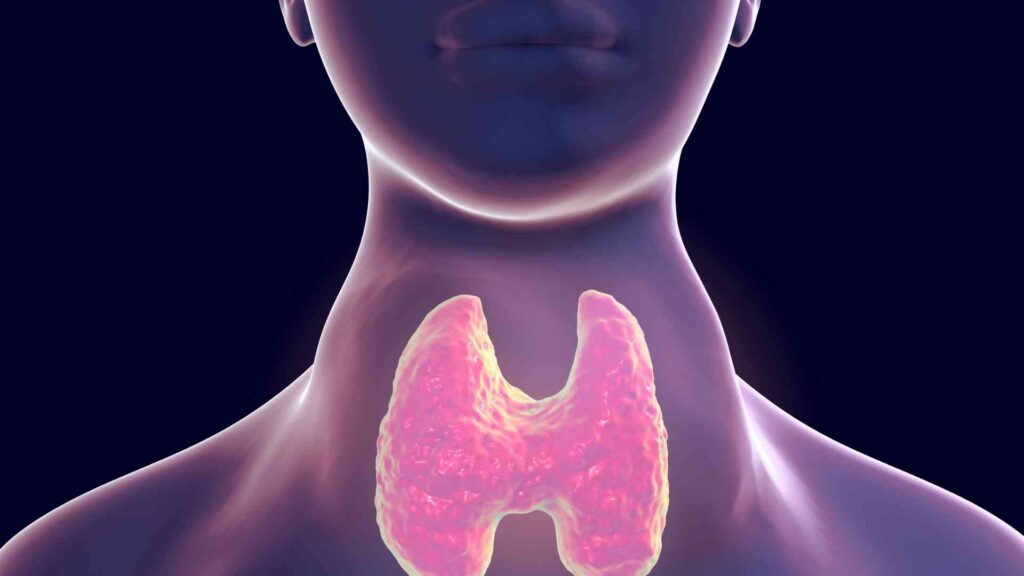यौन स्वास्थ्य के सभी पहलुओं के लिए व्यापक जानकारी प्राप्त करें और अपने यौन कल्याण को सशक्त बनाने के लिए संसाधन और मार्गदर्शन खोजें।
Erectile dysfunction (ED) is a common condition that affects men of all ages, impacting their…
यौन स्वास्थ्य के सभी पहलुओं के लिए व्यापक जानकारी प्राप्त करें और अपने यौन कल्याण को सशक्त बनाने के लिए संसाधन और मार्गदर्शन खोजें।
Erectile dysfunction (ED) is a common condition that affects men of all ages, impacting their…
Erectile dysfunction (ED) is a condition that affects many men worldwide, leading to significant stress,…
The International Society for the Study of Women’s Sexual Health describes Hypoactive sexual desire disorder…
Painful erections never indicate normalcy, and sometimes signal a medical emergency. Severe pain may necessitate…
Erectile dysfunction (ED) is a common condition that affects millions of men worldwide, causing distress…
The underlying cause as well as the severity of pain determine the varied treatment approaches…
Assertiveness is a crucial skill that enhances communication, reduces stress, and promotes self-confidence. It enables…
Hypothyroidism, a condition where the thyroid gland doesn’t produce enough thyroid hormones, affects millions worldwide. One of its most common and distressing symptoms is unexplained weight gain. But why does this happen? This article delves into the science behind weight gain in hypothyroidism.
विषयसूची
विषयसूची
First, let’s understand the thyroid gland’s role. Situated at the base of your neck, this gland regulates your metabolism through the release of hormones.
Metabolism is the process by which your body converts what you eat and drink into energy. The hormones produced by the thyroid gland, primarily thyroxine (T4) and triiodothyronine (T3), are crucial for maintaining a healthy metabolism.
Related: What Is Metabolism: Meaning And Significance
In hypothyroidism, the reduced levels of T3 and T4 slow down the body’s metabolism. This slowdown affects how your body processes food, leading to several effects that contribute to weight gain:
With a slower metabolism, your body burns fewer calories at rest. Normally, even without exercising, your body burns calories to maintain vital functions like breathing and circulating blood. However, hypothyroidism reduces this baseline calorie burn, making it easier to gain weight even if you haven’t changed your eating or exercise habits.
Related: How To Increase Metabolism For Weight Loss: A Complete Guide
Hypothyroidism can cause your body to retain more water and salt, which can lead to weight gain. This isn’t fat gain but can still contribute to a higher number on the scale and a feeling of bloatedness.

The tiredness and lethargy associated with hypothyroidism can result in decreased physical activity. When you’re feeling too tired or sluggish, you’re less likely to engage in exercise or even daily movements that burn calories, contributing to weight gain over time.
Studies suggest that hypothyroidism can change your body’s composition, increasing fat mass while decreasing lean mass (muscles). Since muscle tissue burns more calories than fat tissue, this shift can further slow down metabolism.

Managing weight gain in hypothyroidism involves a few strategic steps:
Weight gain in hypothyroidism is the result of a complex interplay between slowed metabolism, changes in body composition, and lifestyle factors like diet and exercise. Understanding these mechanisms is the first step toward managing and mitigating the impact of hypothyroidism on weight. With proper treatment and lifestyle adjustments, it’s possible to achieve a healthy weight and improve overall well-being despite the challenges of hypothyroidism.
एमबीबीएस और एमडी डिग्री वाली मेडिकल डॉक्टर डॉ. निष्ठा पोषण और कल्याण के प्रति गहरी रुचि रखती हैं। शारीरिक और मानसिक स्वास्थ्य के साथ महत्वपूर्ण संघर्षों से भरी उनकी व्यक्तिगत यात्रा ने उन्हें अनगिनत व्यक्तियों के सामने आने वाली चुनौतियों के प्रति एक अद्वितीय सहानुभूति और अंतर्दृष्टि प्रदान की है। अपने स्वयं के अनुभवों से प्रेरित होकर, वह व्यावहारिक, साक्ष्य-समर्थित मार्गदर्शन प्रदान करने के लिए अपनी पृष्ठभूमि का लाभ उठाती है, जिससे दूसरों को समग्र कल्याण प्राप्त करने के रास्ते पर सशक्त बनाया जा सके। डॉ. निष्ठा वास्तव में मन और शरीर के अंतर्संबंध में विश्वास करती हैं। वह जीवन में संतुलन और खुशी प्राप्त करने की दिशा में एक महत्वपूर्ण कदम के रूप में इस संबंध को समझने के महत्व पर जोर देती है।

